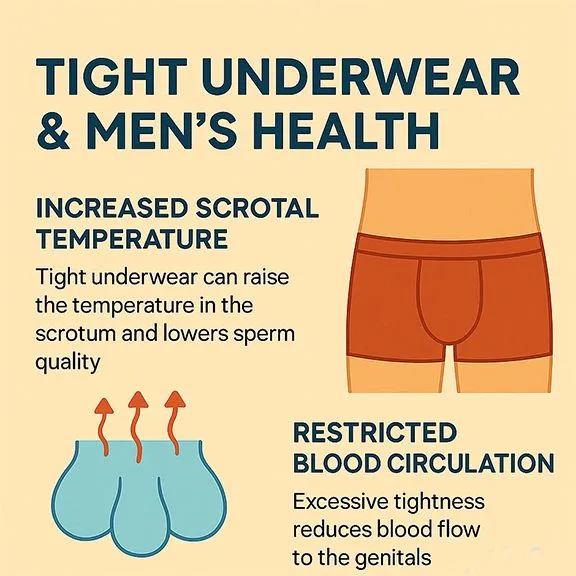In today’s digital world, endless scrolling has become a part of our daily routine — whether it’s on social media, news apps, or video platforms like TikTok and Instagram. But have you ever wondered what all that scrolling is doing to your brain?
Spoiler: It’s more harmful than it seems.
🧠 What Is “Endless Scrolling”?
Endless or infinite scrolling is a design feature that allows users to continuously scroll through content without clicking or loading new pages. It’s used to keep you engaged for as long as possible — and it works a little too well.
⚠️ How Scrolling Affects Your Brain
1. Shortened Attention Span
- The constant stream of fast, bite-sized content trains your brain to expect instant gratification.
- This makes it harder to focus on longer, more demanding tasks like reading, studying, or deep work.
- Studies have linked excessive scrolling to decreased cognitive control.
2. Dopamine Dependency
- Every time you see something interesting or funny, your brain releases dopamine, the “feel-good” chemical.
- This creates a feedback loop similar to addiction — you keep scrolling for the next hit of pleasure.
- Over time, the brain may require more stimulation to feel satisfied, making real-life experiences seem dull.
3. Increased Anxiety and Depression
- Social comparison is a big trap: seeing others’ curated lives can make you feel inadequate.
- Doomscrolling — obsessively consuming negative news — heightens stress and fuels chronic worry.
- Research shows a strong link between heavy social media use and mental health issues, especially among teens and young adults.
4. Disrupted Sleep Patterns
- Scrolling late at night exposes you to blue light, which suppresses melatonin production.
- This can lead to poor sleep quality, insomnia, and even affect memory and emotional regulation.
✅ What Can You Do to Stop the Scroll?
Here are some effective strategies to reclaim your focus and mental clarity:
✦ Set Time Limits
Use features like:
- Screen Time (iPhone)
- Digital Wellbeing (Android)
- Apps like Forest, StayFocusd, or Freedom.
✦ Create “No-Phone” Zones
Ban phones from:
- The bedroom
- The dinner table
- Study or work areas
✦ Schedule Digital Detoxes
Take a break for a few hours daily — or a full day each week — with no social media or notifications.
✦ Be Mindful of What You Consume
- Follow accounts that bring value, education, or joy.
- Unfollow pages that spark stress, envy, or negative thoughts.
✦ Replace Scrolling with Real-Life Activities
- Read a book
- Go for a walk
- Journal your thoughts
- Talk with a friend — in real life
🧠 Final Thoughts
Scrolling isn’t evil — but when it’s endless and unconscious, it hijacks your attention, alters your brain’s reward system, and can silently damage your mental health.
Taking small, consistent steps to reduce screen time can improve your focus, mood, sleep, and overall well-being.














Leave a Reply